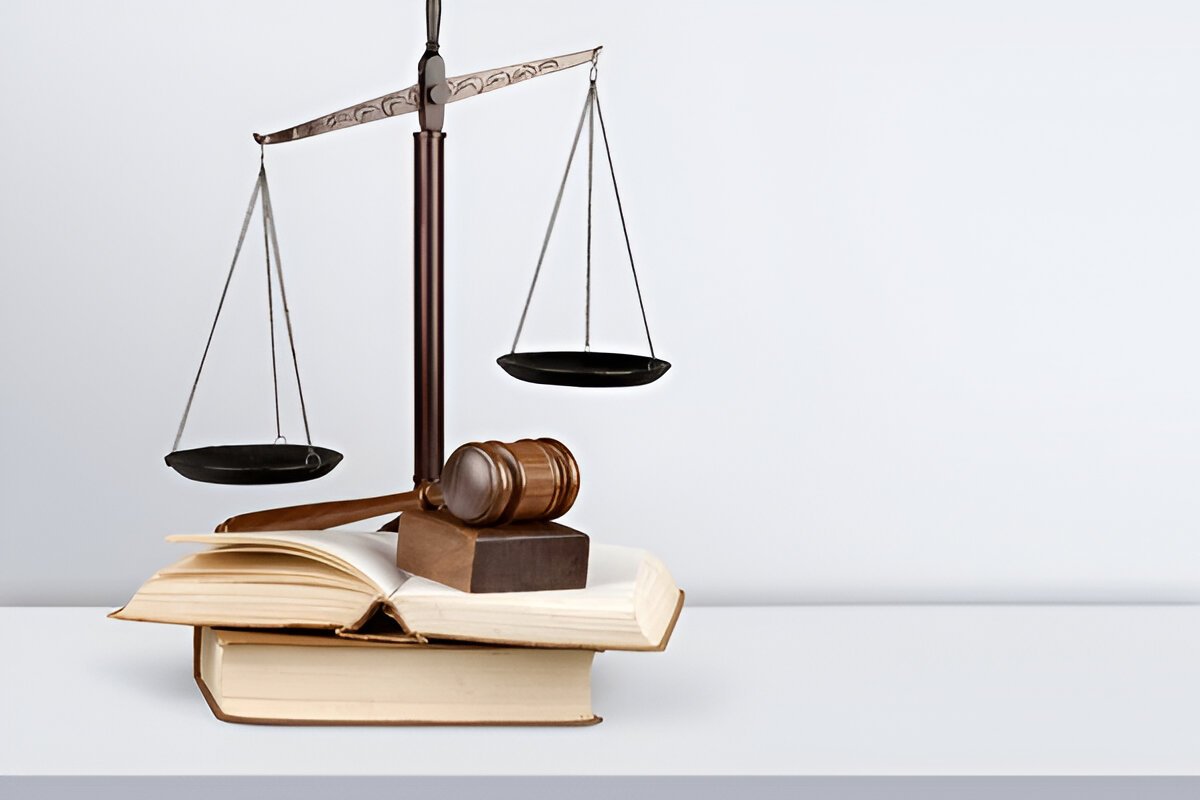Bench of Justices J.B. Pardiwala and R. Mahadevan
Introduction
The Supreme Court reiterated the settled principle of law that a plaint under Order VII Rule 11 CPC cannot be rejected in its entirety merely because one of the reliefs sought is barred by law, especially when other reliefs based on distinct causes of action are maintainable. The judgment emphasizes the necessity of evaluating the entire plaint holistically and not dismissing it solely on the basis of one defective claim, if other claims raise triable issues.
- Order VII Rule 11 CPC: Grounds for rejection of plaint
- Section 17 & Section 49, Registration Act, 1908: Effect of non-registration of documents required to be registered
- Precedent Cited: Central Bank of India v. Prabha Jain, 2025 LiveLaw (SC) 96
Facts of the Case
The appellant, Vinod Infra Developers Ltd., had purchased certain agricultural land. Subsequently, the appellant borrowed ₹7.5 crore from the respondent, Mahaveer Lunia, and in that context:
Executed an agreement to sell (unregistered), Executed a power of attorney authorizing the respondent to sell the property. At a later stage, the appellant revoked both instruments. Despite this revocation, the respondent executed registered sale deeds in July 2022, transferring the property to himself and third parties. The appellant filed a civil suit seeking: Declaration that the sale deeds were void; Possession; Permanent injunction.
The Rajasthan High Court rejected the entire plaint at the threshold under Order VII Rule 11 CPC, holding that the first relief was barred by law due to the unregistered nature of the documents, and treated all reliefs as part of a single, indivisible cause of action.
You can also read the blog of Anti-Defection Law
For more information, visit [Aashayein Enquiry Section]
Issues Before the Court
- Whether a plaint can be rejected under Order VII Rule 11 CPC solely because one of the reliefs claimed is legally untenable?
- Whether the High Court erred in treating the reliefs claimed as arising from a single cause of action?
- Can distinct causes of action and triable issues save a plaint from rejection at the threshold?
Contentions of the Petitioner
The High Court erred in rejecting the entire plaint when at least one triable issue (execution of sale deeds after revocation of the power of attorney) was clearly present. Reliefs sought arose from multiple and independent causes of action; hence, the High Court could not treat them as a single bundle of claims. Order VII Rule 11 CPC requires only the plaint to be examined; defence or merit of the claims should not be considered at this stage.
Contentions of the Respondent
The claim for declaration was based on unregistered documents, and hence barred under Section 17 and 49 of the Registration Act, 1908. Once the main relief is barred by law, the ancillary reliefs of possession and injunction are also not maintainable. The suit was therefore rightly dismissed as a whole.
Court’s Analysis
The Court disagreed with the High Court’s finding and clarified the scope of Order VII Rule 11 CPC:
Rejection of plaint is permissible only on narrow grounds such as:
- No cause of action,
- Barred by law,
- Undervaluation or insufficient stamping.
A plaint cannot be rejected in part, nor can reliefs arising from distinct causes of action be lumped together to dismiss the suit. Reference was made to Central Bank of India v. Prabha Jain, 2025 LiveLaw (SC) 96:
Held that the court must not make adverse observations on reliefs that it cannot adjudicate in a Rule 11 application. Even if one relief (say, B) is barred by law, if another (say, A) is triable, the plaint must be retained as a whole. The High Court's rejection was termed improper as it failed to consider the cause of action arising after revocation of power of attorney, which clearly raised triable issues. The Trial Court was right in holding that the issues required trial and that the plaint disclosed causes of action requiring adjudication.
Conclusion
The appeal was allowed, and the order of the Rajasthan High Court rejecting the plaint was set aside. The plaint was restored for trial.
The Court reaffirmed:
“Rejection of plaint under Order VII Rule 11 CPC is permissible only when, from a plain reading of the plaint, no cause of action arises, or it is barred by law. If any triable issue is raised, the plaint must be allowed to proceed.”

